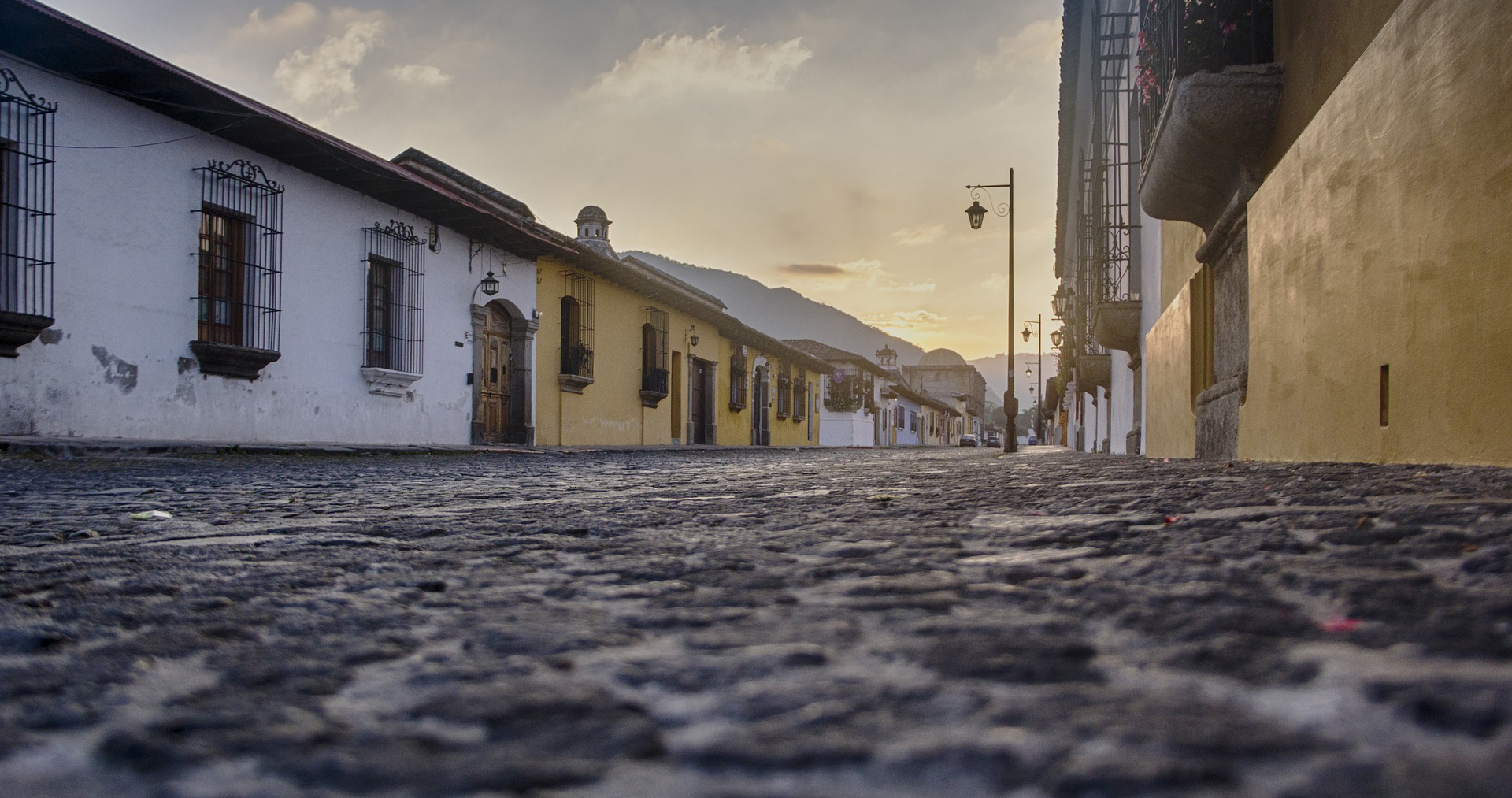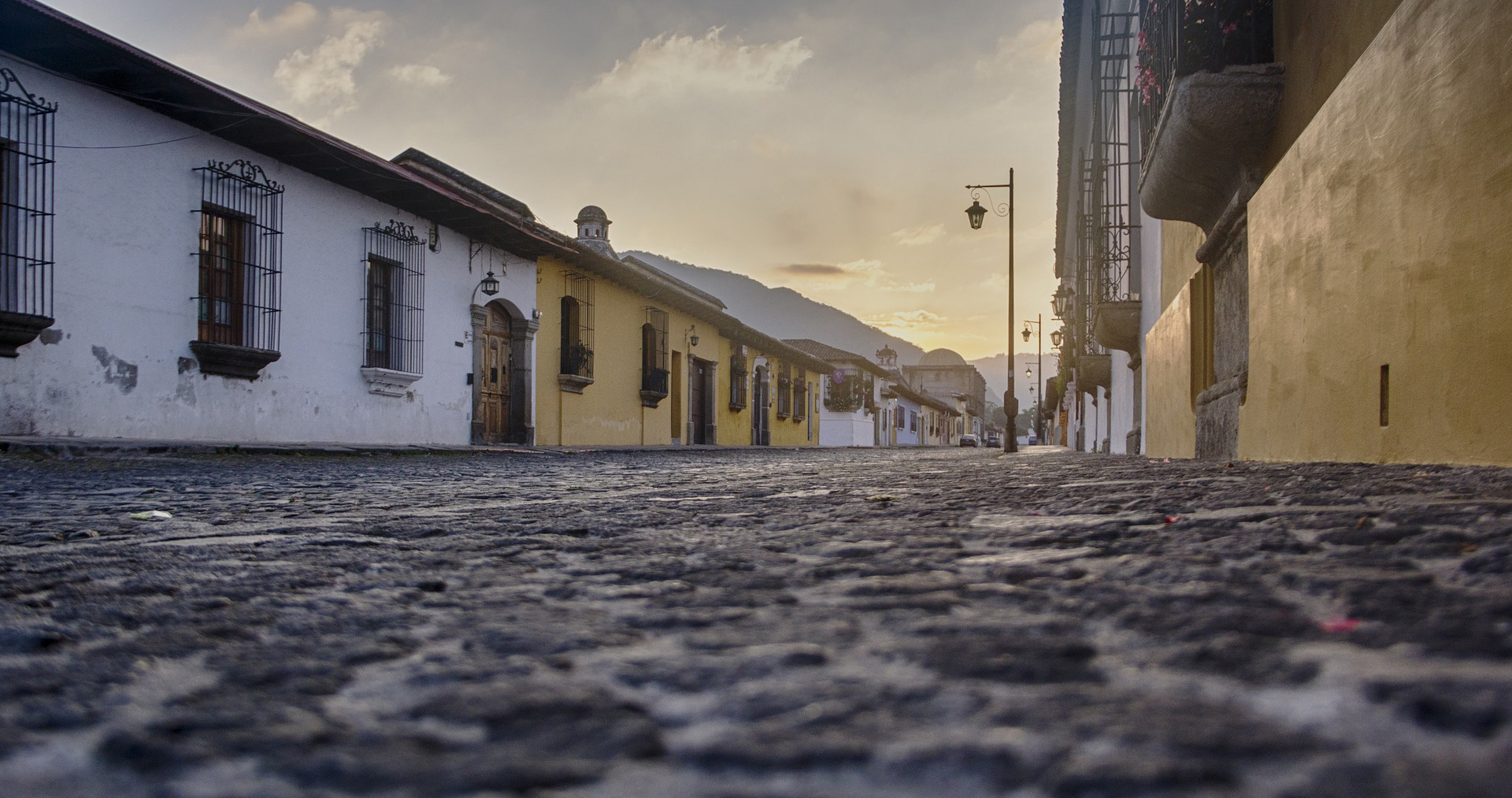This blog is part of a series published on WEFLIVE from young leaders in the One Young World community who are addressing issues across the world relating to the World Economic Forum 2017 theme of 'Responsive and Responsible Leadership'.

2016 proved to be a year of surprising electoral results and unexpected political changes. The vote for Brexit left a cloud of uncertainty over the future of the European Union, and the victory of Donald Trump in the US Presidential Elections has many wondering what the world economy will be in the coming years.
Latin America also flew through political changes and events of great significance for its future: Colombia signed a peace deal with the guerrilla group FARC after 5 decades of war, and the relations between Cuba and the US recovered following decades of disconnection. However, the region’s political future still faces uncertainty, particularly in Venezuela and Ecuador- two countries that are facing stiff political and economic challenges.
When analysing what the future holds for Latin America, it is evident that the region cannot expect to overcome its social struggles only through higher economic output. The region’s future is not a question of GDP growth; it faces the incredible challenge of changing its political philosophy and redefining its way of doing things.
The younger generations play a vital role in redefining the political culture of Latin America. They must understand their own responsibilities as citizens, especially when it comes to creating a new social contract that can redefine ill traditions that affect our political processes. The innovative spirit of the Millennial generation can drive forward the cultural changes that the region so desperately needs to overcome the vicious political cycles that have plagued so many governments. We have witnessed throughout Latin America how younger generations have left fear at home and embraced the challenge of building better countries.
Responsible leaders in Latin America can benefit from the enthusiasm and innovation that younger generations can bring. The advantage that younger people hold is their exposure to more knowledge and better practices that come from advances in digital communication. Leaders in Latin America can provide the foundation for new processes that can come about through the work of the Millennial generation. By enabling younger leaders and guiding their efforts, current leaders could help younger generations feel better engaged with the challenges of the countries and understand what they must do.
Latin America is a region that combines an incredible variety of cultures, traditions, climates and natural resources, but it can all be summed up in one single element: the spirit of its people. The enthusiasm, the desire to live, that unwavering spirit is the engine that drives the region forward. Moreover, the region must use that same spirit to redefine its current political culture to assure a better future.
Mario spoke at the One Young World Summit 2015 in the Leadership and Government Plenary Session. He founded RDI with the goal of promoting democratic values in the region by supporting social initiatives, such as the collection of food and supplies for communities in Latin America that lack resources, fundraising for NGOs that provide housing for low-income families and working with public figures for the strengthening of electoral institutions throughout the area. In 2010, he moved to the USA, where he co-founded VotoDondeSea, an NGO based in Miami with the goal of informing, facilitating and promoting the electoral participation of Venezuelans who had emigrated.

